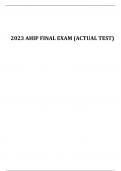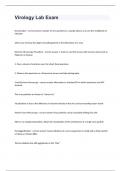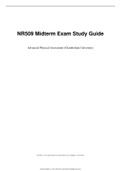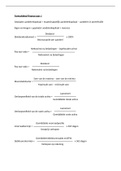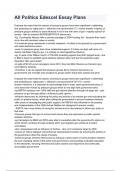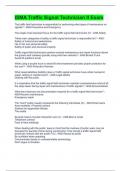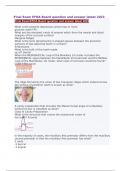Summary
Summary ICH4801 ASSIGNMENT 2 2024 [322543]
- Institution
- University Of South Africa (Unisa)
ICH4801 ASSIGNMENT 2 FOR THE YEAR 2024 [322543] DUE DATE: 21 JUNE 2024 1. Define “colonialism” in your own words. (2) 2. How does Maldonado-Torres explain the concept of coloniality? (2) 3. Explain the difference between colonialism and coloniality. (2) 4. Sketch the sociohistori...
[Show more]





